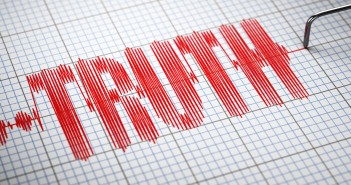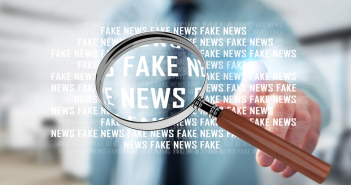
The Psychology Of Fake News
Editor’s note: Scientists across a range of disciplines have been studying the science of fake news. This article draws on the research and looks at how fake news affects our behaviours.

Editor’s note: Scientists across a range of disciplines have been studying the science of fake news. This article draws on the research and looks at how fake news affects our behaviours.

Editor’s note: A group of academics who study the spread of misinformation has created a guide book on debunking myths and misinformation. It provides tips on how to debunk a myth and also how to inoculate against misinformation. The guide is a useful read if you are looking at how to develop media literacy skills.

Editor’s note: I ran a webinar on fake news and misinformation this week and this article was one of my source materials. The piece looks at how the human condition makes us susceptible to believing misinformation.

Editor’s note: This is a look at how Finland, as a country, is building digital literacy to help fight the impact of fake news. Interesting to see that critical thinking is a key skill here.

Editor’s note: Having recently delivered a talk on fake news, this article is well with a read. For various reasons, outlined in this article, humans are good at believing poor quality information. We all need to learn to be healthy skeptics!

Editor’s note: Research shows that providing a counter-argument, rather than saying information is wrong, is the more effective way to get people to change their minds. Application potential in learning?
